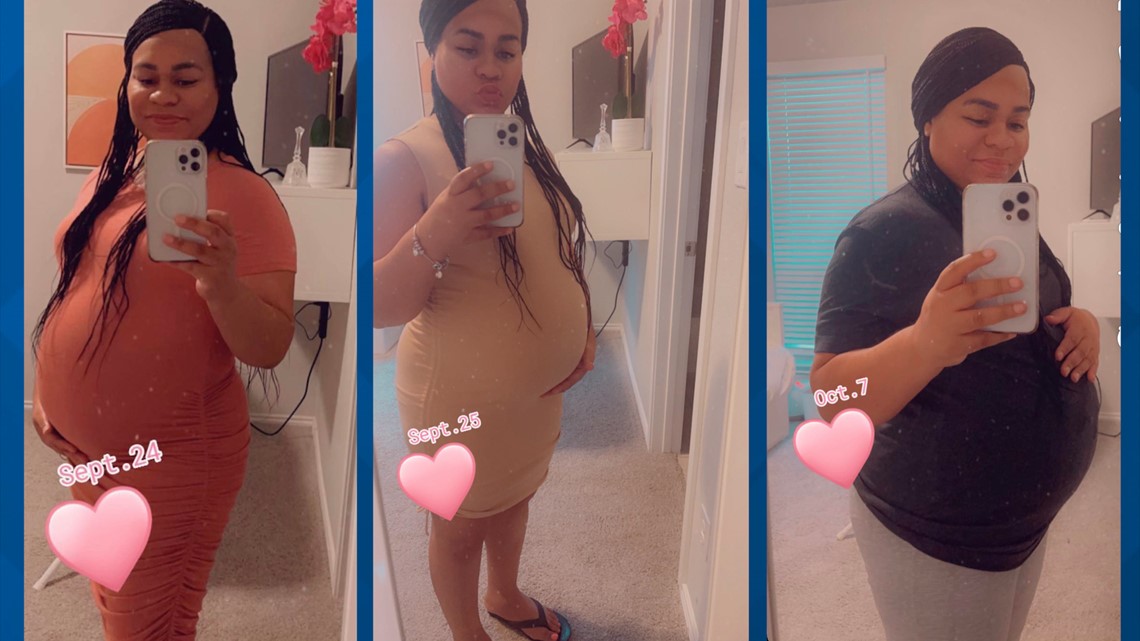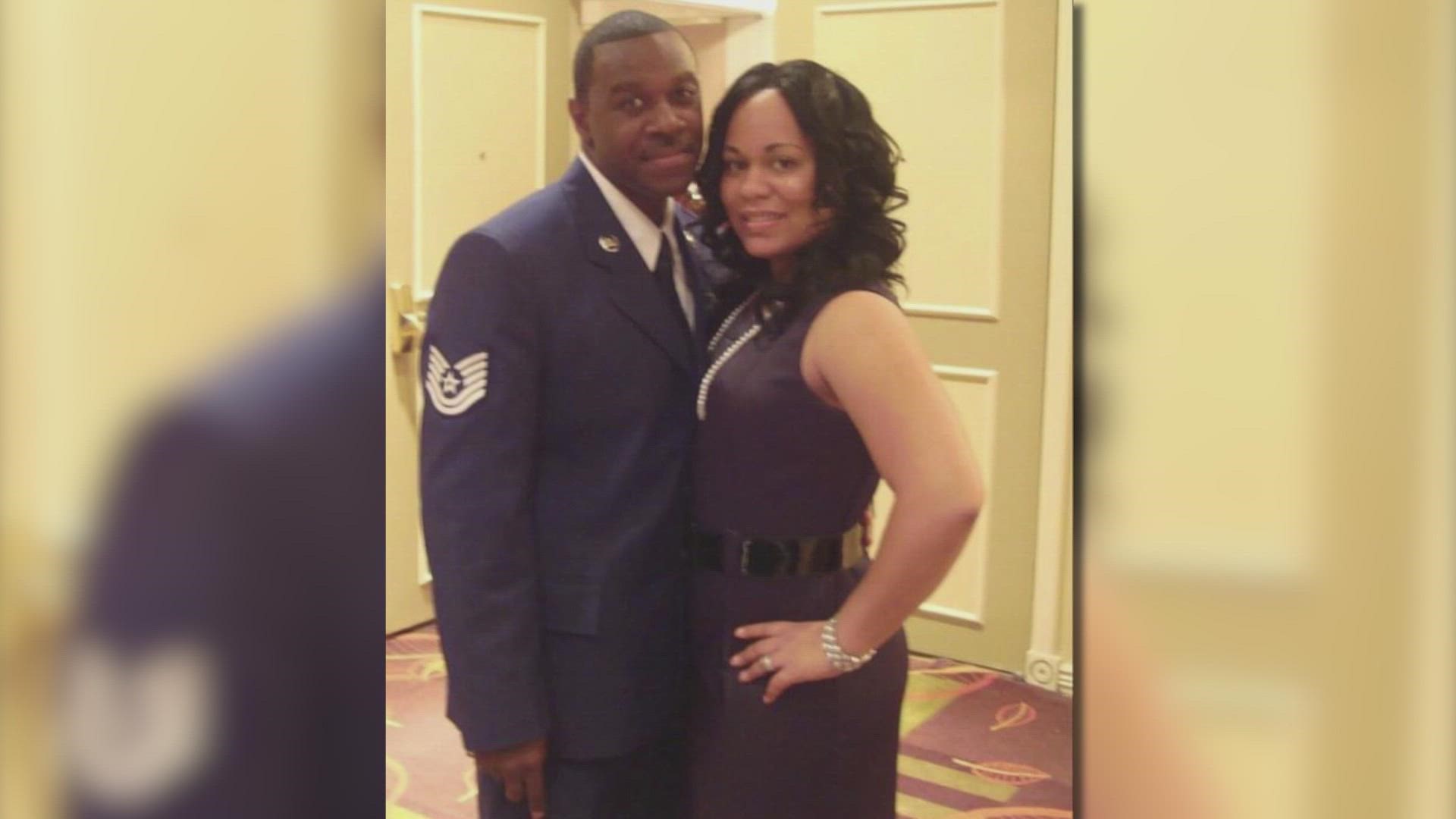SAN ANTONIO — Starting a family can be a frustrating and devastating journey. A San Antonio veteran is sharing nearly 20 years of heartbreaking lessons.
By sharing her story, she says she's hoping to encourage others to never give up because miracles do happen.
"I'm now down to three embryos, which I know it only takes one," said Candace Kerr.
Air Force veterans, Candace and Durwin Kerr, are ready to start a family.
"I just want to be a mother," she said.
10 years ago, Candace tried in vitro fertilization treatment (IVF). Last October, she got her first double pink line.
"It finally happened," she said. "You get so excited seeing those two pink lines, and then it just disappears."
Candace's joy was short-lived. Within the span of four months, she suffered two miscarriages. Her second was on Valentine's Day.


"I was able to produce the egg and the embryo, but I'm having a hard time carrying," said Candace. "So I don't think my body can take much more of trying."
October is National Pregnancy and Infant Loss Awareness Month.
Dr. Randal Robinson, Chairman of Obstetrics & Gynecology at UT Health San Antonio, says roughly 15% of couples experience infertility.
"About one out of five pregnancies ends in loss," said Robinson, who is also an infertility specialist. "It is more common than people realize."
After trying infertility treatments like medications, artificial insemination, or surgery Robinson says many couples will progress to IVF or assisted reproductive technologies.
"The number of IVF cycles continue to grow and expand every year. I think last year it was 500,000 IVF cycles in the United States," Robinson explained. "Part of that is because we now have things that are available to couples that weren't available to them in the past."


Age can be a big factor with infertility, too. Robinson says over the last 20 years, more women are choosing to have their first child at around 30 years old instead of 22 or 23. Because of this, he says more women are freezing their eggs and embryos.
"You always hear about 35 being the age where the biological clock is ticking a little faster, but the decline in fertility rates start happening a lot earlier than many women realize," said Robinson.
For those with recurrent pregnancy loss, like Candace, treatment is available. Robinson encourages families experiencing infertility to talk to their doctor as early as possible.
"Even if I'm unable to carry myself, we want to adopt," Candace told us.
Our interview with Candace was April 27. Since then, she says a miracle happened.


Candace is 23 weeks pregnant. She and her husband are expecting a baby girl due mid-January.

